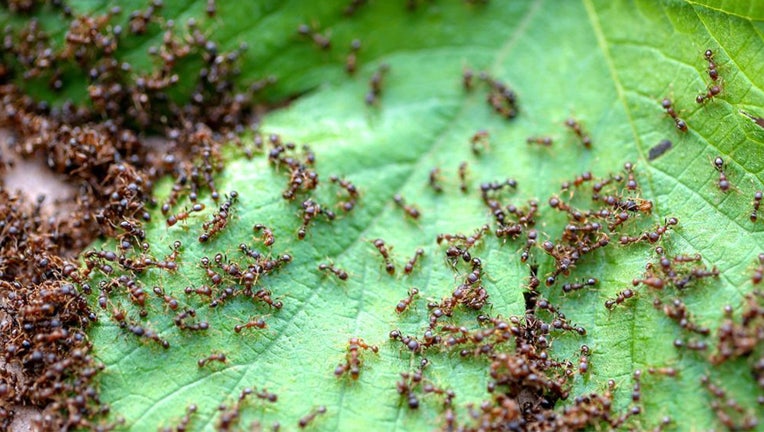
In the coming months, the human population on earth is going to surpass the 8 billion mark. However, this is a mediocre milestone for ants.
Here’s what the study on the population of ants on Earth reveals
Researchers have made the most extensive study of the global population of ants on Earth. These tiny creatures have colonized almost all regions of the earth and their population is a whopping 20 quadrillion. This means there are as many as 2.5 million ants for every human on the planet. “Ants certainly play a very central role in almost every terrestrial ecosystem. They are very important for nutrient cycling, decomposition processes, plant seed dispersal, and the perturbation of soil,” stated Patrick Schultheiss. Schultheiss is an entomologist at the University of Hong Kong and Germany’s University of Würzburg.
“Ants are also an extremely diverse group of insects, with the different species fulfilling a wide range of functions. But most of all, it is their high abundance that makes them key ecological players,” added Schultheiss. Additionally, he is the co-author of the study published in the Proceedings of the National Academy of Sciences. There are over 12,000 species of ants on Earth. Typically, they are black, red, or brown in color and range between one millimeter and three centimeters in size. They inhabit almost all regions of Earth apart from Iceland, Antarctica, and Greenland.
More on the insect diversity
The study is based on an analysis of 489 other studies of ant populations from all continents where ants live. “I was amazed that the ants’ biomass was higher than that of wild mammals and birds combined, and that it reaches 20% of the human biomass. That gives you an understanding of the scale of their impact,” stated Sabine Nooten. Nooten is an insect ecologist and a co-lead of the study. “I find the enormous diversity of ants fascinating. They can be tiny or huge and show the most bizarre adaptations,” she added.
/cloudfront-us-east-2.images.arcpublishing.com/reuters/4T34KP52HBITFFZTMLFMANVK2Y.jpg)
“Our dataset represents a massive collecting effort of thousands of scientists. We were then able to extrapolate the number of ants for different regions of the world and estimate their total global number and biomass,” explained Schultheiss. “Think about the amount of organic matter that 20 quadrillion ants transport, remove, recycle and eat. Ants are so essential for the smooth working of biological processes that they can be seen as ecosystem engineers,” he added, emphasizing their diversity and function.






